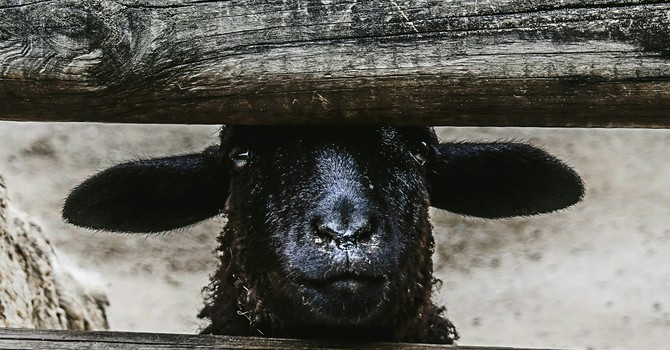
If you've ever felt like your 20s and early 30s are a rollercoaster of big decisions, career pivots, and figuring out who you are outside of school or your family, you're not alone. This intense period of life isn't just about paying bills and perfecting your avocado toast; it's a crucial time for emotional and psychological growth.
One of the best frameworks for understanding what we're all going through comes from psychologist Erik Erikson. His theory of psychosocial development outlines eight stages we pass through from birth to death, each marked by a core conflict. For those of us aged roughly 25-35, we're often smack in the middle of two major stages—and sometimes juggling the remnants of a third!
1. The Core Conflict: Intimacy vs. Isolation (Ages 18-40, roughly)
This is the big one that dominates your 20s and 30s.
The central task here is to form deep, meaningful, and lasting relationships with others. This isn't just about romantic partners (though that's a huge part of it); it includes forming strong friendships and close, collaborative professional connections.
-
Intimacy: This means being able to share your true self—your vulnerabilities, hopes, and fears—with another person without fear of losing yourself. It's about genuine interdependence.
-
Isolation: The failure to achieve this intimacy can lead to isolation. This doesn't mean you're physically alone; you might have a packed social calendar, but still feel emotionally disconnected, unable to form those truly deep bonds.
The 25-35 Reality Check:
-
Dating and Marriage: This is where you might feel the pressure to "settle down" or find "the one." The emotional energy put into finding a life partner, or navigating the complexities of cohabitation or marriage, is all Intimacy vs. Isolation in action.
-
Friendship Evolution: Your friendships shift. You move from the large, casual groups of college to smaller, more select groups of "chosen family." You learn which friends you can truly rely on during a crisis.
-
The Virtue: Successfully navigating this conflict leads to the development of Love—the ability to commit to another person even when it requires sacrifice and compromise.
2. The Lingering Question: Identity vs. Role Confusion (Ages 12-18, but it follows us!)
While this stage is theoretically adolescence, let's be real: for many of us, identity formation spills well into our 20s.
-
Identity: Figuring out who you are. What are your values? What is your career path? What are your political, spiritual, and social beliefs?
-
Role Confusion: Lacking a clear sense of self, leading to instability in career or relationships, or trying on too many different "masks."
The 25-35 Reality Check:
-
The Quarter-Life Crisis: That feeling of needing to "find your passion" or the urge to completely change careers at age 30? That's the tail end of Identity vs. Role Confusion knocking at the door. You're trying to integrate your past self (who you thought you were) with your current self (who you need to be).
-
Social Roles: Juggling roles as a professional, a partner, maybe a parent, a child of aging parents, a homeowner, etc. This stage helps solidify your place in the world.
The Takeaway: It's All Growth
You're not failing if you're still figuring things out. Feeling unsure about your career path (Identity) while simultaneously struggling to be vulnerable with a new partner (Intimacy) is normal.
Erikson's stages show us that these aren't flaws; they are developmental challenges. The struggle is the point. Each time you manage to form a solid friendship, commit to a new career direction, or truly show up for someone you love, you are successfully resolving one of these powerful conflicts.
How to Lean In:
-
Practice Vulnerability: To achieve intimacy, you must be vulnerable. Tell someone how you actually feel. It's scary, but it's the only way through.
-
Define Your Values: Take time to figure out what you truly believe in, separate from what your parents or culture told you. This anchors your identity.
-
Invest Wisely: Time spent on genuine connection (a heart-to-heart over coffee) is a better investment than time spent on shallow acquaintances (mindless scrolling).
Keep pushing, keep connecting, and remember that building a truly fulfilling life is the work of decades, not just a few good years.

Jessica Butler
Contact Me



